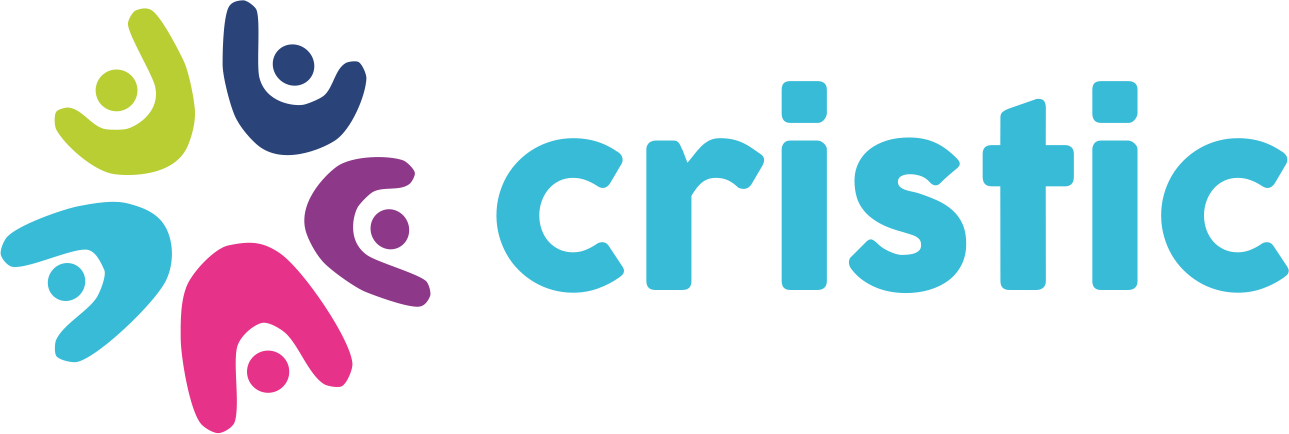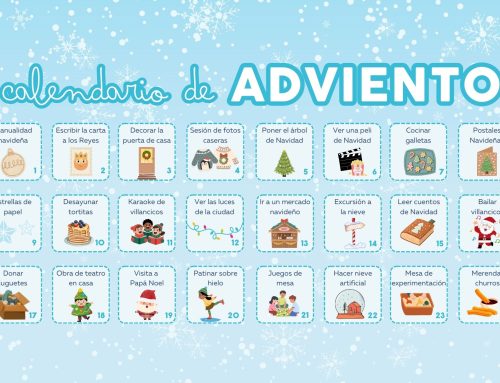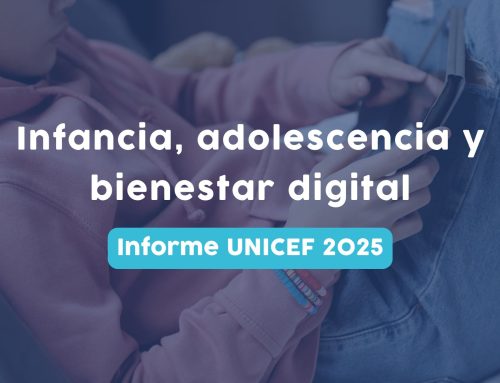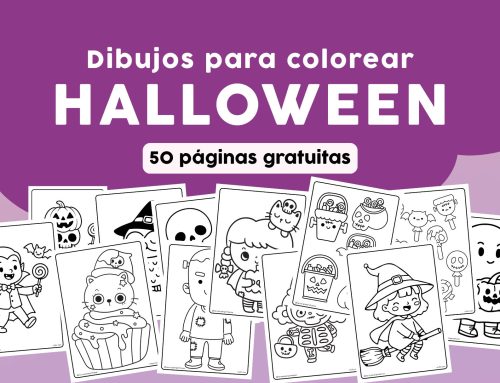Hay una preocupación general en las familias sobre cómo educar a nuestros hijos e hijas para que estén preparados para salir al mundo el día de mañana: que sean autónomos, responsables, tengan empatía, capacidad de decisión, hacer buenas amistades, acceder a un trabajo que les llene y les permita ser independientes, etc.
Es natural, pues todos queremos lo mejor para nuestros pequeños. Queremos que tengan las herramientas necesarias para que puedan desenvolverse y tener la vida que deseen.
Sin embargo, no siempre caemos en que para llegar a ser adultos con estas cualidades, el trabajo empieza ahora, en la infancia. Es un camino largo que se cuece a fuego lento, a través de las experiencias y aprendizajes que irán viviendo a lo largo de la vida.
Del mismo modo que vemos imprescindible que los centros educativos ayuden a los niños a adquirir conocimientos técnicos (matemáticas, inglés, cultura general…), también es imprescindible educar en habilidades para la vida. Trabajar habilidades como la empatía o la toma da decisiones es tan importante como el adquirir conocimientos, titulaciones y habilidades técnicas.
Habilidades para la vida, ¿qué son?
La Organización Mundial de la Salud (OMS) definió en 1993 las habilidades para la vida como «aquellas aptitudes necesarias para tener un comportamiento adecuado y positivo que nos permita enfrentar eficazmente las exigencias y retos de la vida diaria”.
A continuación encontrarás las habilidades emocionales, sociales y cognitivas que debemos trabajar con nuestros niños y adolescentes.
¡Únete a mi canal de Telegram para no perderte nada! 😊
Instagram para familias: educación positiva y actividades infantiles 💛
¡Nuevo! Instagram para profesores: recursos educativos y herramientas TIC 👩🏻🏫
Habilidades esenciales para la vida que debemos enseñar a nuestros hijos
Habilidades emocionales:

Empatía
Es la capacidad de imaginar y sentir cómo es el mundo desde la perspectiva de otra persona. Esto ayuda a comprenderla mejor y responder de forma solidaria, de acuerdo a las circunstancias.

Gestión emocional
Ser capaces de reconocer nuestras propias emociones y las de los demás. Ser conscientes de cómo nos influyen en nuestro comportamiento y responder a ellas de forma apropiada.

Manejo de tensiones y estrés
Ser capaces de reconocer los momentos de tensión y estrés, en sus distintas manifestaciones, encontrando estrategias saludables para regularnos y buscar la manera de solventarlo.
Habilidades sociales:

Comunicación asertiva
Tan importante es lo que decimos como la forma en la que lo decimos. Debemos expresar nuestras ideas con claridad, respetando y teniendo en cuenta a la vez los sentimientos de los demás.

Relaciones interpersonales
Distinguir entre relaciones sanas y no sanas es esencial. Ser capaces de establecer y conservar relaciones significativas, así como ser capaz de poner límites y distancia a aquellas relaciones que nos dañan.

Manejo de problemas y conflictos
Ser capaces de afrontar los problemas y conflictos de forma flexible y creativa, centrándonos en las posibles soluciones e identificando oportunidades. No dar la espalda a los problemas, sino enfrentarlos de manera constructiva.
Habilidades cognitivas:

Autoconocimiento
Conocernos a nosotros mismos nos ayuda a ser conscientes de nuestras fortalezas y limitaciones, tratando de encontrar nuestro propio camino y motivación en la vida y qué necesitamos para conseguirlo.

Pensamiento crítico
Estamos rodeados de información que nos llega a través de multitud de medios y canales, por lo que tenemos que aprender a analizarla, contrastarla y evaluarla, llegando a ser capaces de tomar nuestras propias conclusiones.

Toma de decisiones
Supone ser capaz de evaluar distintas alternativas, teniendo en cuenta los criterios y las posibles consecuencias de esas decisiones, no solamente en nuestra propia vida, sino también en la de los demás.

Pensamiento creativo
El pensamiento creativo nos ayuda a desenvolvernos en la vida de manera más eficaz, abordando las situaciones desde distintos puntos de vista y perspectivas diferentes, permitiéndonos inventar, innovar y crear nuevas ideas.
¿Cómo podemos educar estas habilidades?
Como madres y padres podemos ayudar a nuestros hijos a desarrollar estas habilidades de diversas maneras, veamos algunos consejos:
Permíteles tomar sus propias decisiones
Puedes empezar dejando que tus hijos tomen decisiones adaptadas a su edad y desarrollo madurativo. De esta forma asumirán de manera progresiva la responsabilidad y aprenderán a hacerse cargo de las consecuencias naturales de sus acciones.
Educa con el ejemplo
Decía Madre Teresa de Calcuta «No te preocupes si tus hijos no te escuchan, ellos te observan todo el día«. ¿Quieres que tu hijo aprenda a gestionar la frustración? ¿Que sea capaz de manejar la rabia? Entonces empieza por revisar tu conducta y trabaja eso en ti. Aprovecha la maternidad como una oportunidad de desarrollo personal. Somos su ejemplo, así que nuestras palabras y actos deben ser coherentes y estar alineados.
Transforma los errores en oportunidades de aprendizaje
Para llegar a desarrollar habilidades es necesario practicar, practicar y practicar. Los niños no nacen sabiendo. Démosles oportunidades y espacios para que puedan equivocarse e intentarlo de nuevo. Acepta que los errores forman parte del proceso de aprendizaje.
Desarrollar estas habilidades en nuestros hijos a medida que crecen les ayudará a desenvolverse en las situaciones que les depare la vida.
Te dejo a continuación otras entradas, por si te interesa seguir leyendo sobre estos temas:





